Millions of people in low- and middle-income countries die every year from preventable, treatable diseases because they can’t access the lifesaving health products they need. Unitaid was created to address this inequality.
Millions of people in low- and middle-income countries die every year from preventable, treatable diseases because they can’t access the lifesaving health products they need. Unitaid was created to address this inequality.
We save lives by making new health products available and affordable for people in low- and middle-income countries. We identify innovative treatments, tests and tools, help tackle the market barriers that are holding them back, and get them to the people who need them most – fast.
320 m people
Every year, 320 million people use health products we have supported
100 + tools
Since 2006, we have introduced more than 100 groundbreaking interventions
3 x faster
Our approach helps reach global health targets three years faster
US$ 10 bn saved
By 2030, our work is estimated to generate US$10 billion in savings
In a world faced with rising health challenges, governments, industry and global health partners must develop and roll out new health products faster than ever before.
COVID-19 reversed progress toward global health goals, and it’s only a matter of time before we’re faced with the next pandemic. Climate change is pushing diseases like malaria into new communities. Addressing women’s and children’s health is fundamental to the future of global health – but progress has stalled and maternal and child health is underfunded. And tuberculosis, HIV and malaria still kill more than 2.5 million people each year and are becoming increasingly drug-resistant, making them harder to treat. Rising inequalities are blocking access to lifesaving health products for the world’s most vulnerable people, meaning millions continue to suffer and die from preventable, treatable illnesses.
Access to innovation is at the heart of our work. Find out more about the critical global health tools and strategies we support.
Our work draws on the skills and comparative advantage of partners across global health, with the goal of improving coordination so we can all reach our collective objectives more quickly and with greater success.
We work with a broad range of partners, starting with the countries and affected communities who identify challenges and potential solutions, and the researchers and companies creating innovative new products. Through innovative financing solutions like volume guarantees, we lower prices for those products and help get them to market. Together with implementing partners, we introduce these health products to low- and middle-income countries while overcoming the various barriers that people may face in being able to access them. Then we collaborate with governments and leading global health organizations like the Global Fund, the U.S. President’s Emergency Plan for AIDS Relief (PEPFAR) and others to take those products and best practices to scale.

Unitaid was founded in 2006 by a visionary group of countries – Brazil, Chile, France, Norway and the United Kingdom – whose continued support has enabled us to reach hundreds of millions of people with lifesaving care and advance the standard of global public health.
During the 2023-2027 strategic period, Unitaid has received financial investments from: Brazil, Canada, Chile, the European Union, France, the Gates Foundation, Japan, Portugal, the Republic of Korea, Spain, the United Kingdom, Wellcome, and the WHO Foundation.
